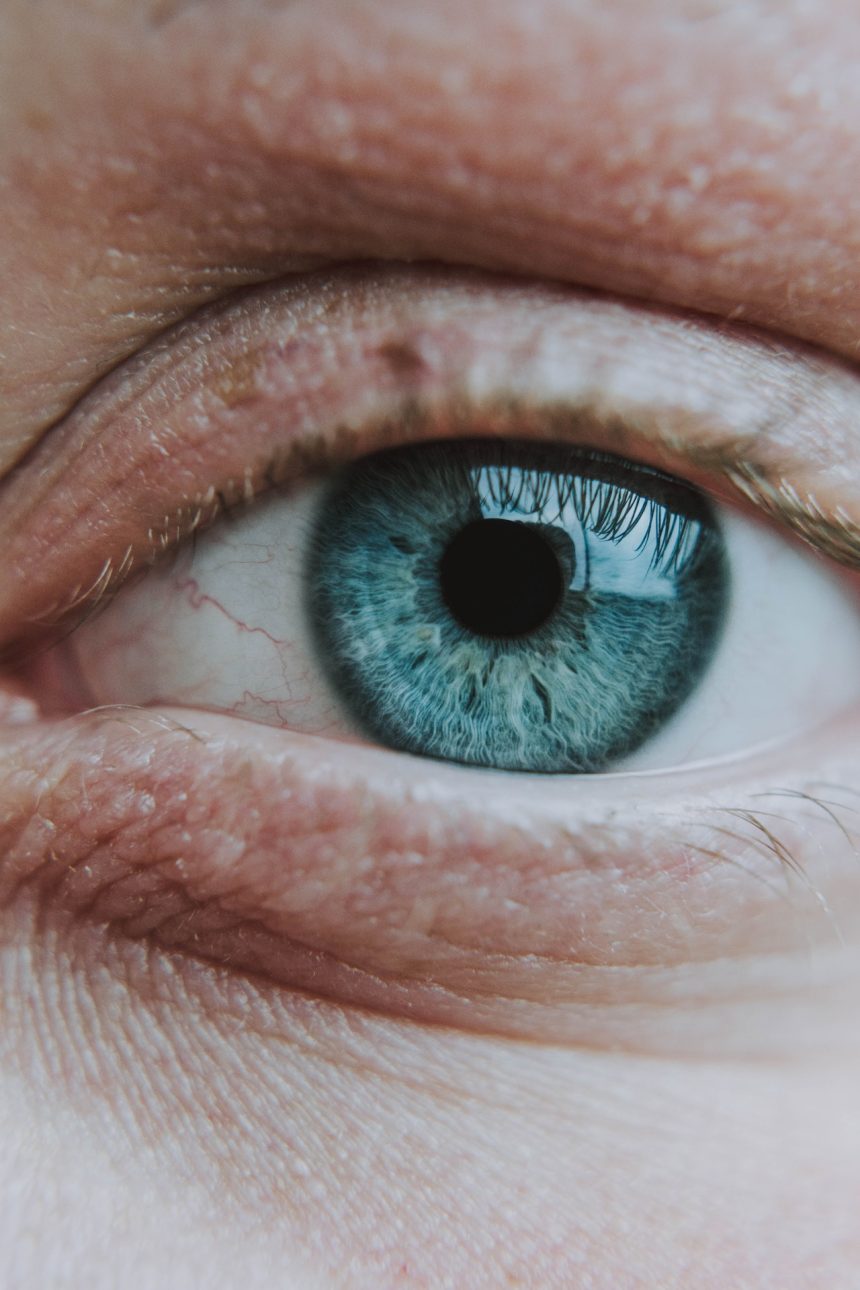Dizziness is a common symptom, and it can be caused by a variety of different things. In this blog post, we will explore the connection between eyes problems and dizziness. We will discuss the various types of eyes problems and their possible causes, as well as how they can lead to dizziness. We hope that this article will help you to identify any potential causes of dizziness and to take the appropriate steps to address them.
Read more: Sanpaku Eyes Curse
What are the causes of dizziness?
Dizziness can be caused by a variety of problems with the eyes, such as vision problems, injury to the eye, and increased pressure in the eyes from glaucoma or other conditions. Other causes of dizziness include medications that affect the central nervous system (CNS), head injuries, and pregnancy.
Dizziness can be caused by a variety of underlying factors, some of which are more common than others. Some of the most common causes of dizziness include:
1. Vestibular system problems – This includes issues with the inner ear, such as benign paroxysmal positional vertigo (BPPV), Ménière’s disease, or labyrinthitis. These conditions can cause temporary or permanent dizziness, and require professional care to manage.
2. Neurological disorders – Various neurological diseases can cause dizziness, including stroke, multiple sclerosis, cerebral palsy, and Parkinson’s disease. The severity and course of these diseases will vary greatly, so it is important to consult a doctor if you experience dizziness that does not respond to common remedies like rest and elevation.
3. Medications – Certain medications can affect the vestibular system in unpredictable ways, causing dizziness or vertigo. This includes drugs for diabetes mellitus, high blood pressure, and psychiatric disorders like depression or bipolar disorder. It is important to speak with your doctor about any medications you are taking that may be associated with dizziness symptoms.
4. Other health conditions – Dizziness can also be caused by other health conditions like heart disease or anemia. In rare cases, even certain types of cancer may lead to severe vertigo and dizziness that requires professional care.
Can eyes problems cause dizziness?
Dizziness is a common symptom of many different disorders, but it can also be caused by problems with the eyes. When one’s balance is impaired, it can be difficult to stay upright and walk safely. In some cases, dizziness may be the only symptom of a more serious eye disorder, such as a tumor or an injury to the optic nerve.
If you are experiencing dizziness and think that it may be related to your eyes, consult your doctor. He or she may perform an eye exam to rule out any underlying problem. If there is no underlying disorder, your doctor may recommend treatments to help improve your balance and reduce your dizziness.
Read more: Sanpaku Eyes Curse
How can you tell if your eyes are causing dizziness?
Certain eye problems, such as diabetes or a detached retina, can cause dizziness. Other causes of dizziness may be more difficult to diagnose, but can include meningitis, brain tumors, and head injuries. If you have any suspicion that your eyes are causing your dizziness, it is important to see an eye doctor for a complete evaluation.
Dizziness is a common symptom of many eye problems. In some cases, the dizziness is caused by a problem with your balance. However, in other cases, the dizziness may be caused by another underlying condition, such as an irregularity in your eye’s optic nerve or an infection in your eyeball.
If you are experiencing vertigo (a feeling of severe spinning or spinning sensation), you should see a doctor. Vertigo can be a sign of several serious conditions, including: Meniere’s disease (an inner ear disorder), brain tumor, multiple sclerosis (a neurological disorder), and stroke.
To determine if your dizziness is due to a problem with your eyesight, you will need to take some simple steps. First, ask yourself if you have been having any trouble seeing clearly for the past few weeks or months. If so, it could be indicative of an underlying issue with your eyesight. Second, if you experience vertigo when looking at something close up (such as when standing on one foot on the floor), it could suggest that there is an issue with your balance. If both of these factors are present, it would be worth seeking medical attention to rule out any serious underlying condition.
What can you do if you think your eyes are causing your dizziness?
If you are experiencing dizziness and your doctor can find no other explanation for it, your eyes may be a possible cause. In many cases, dizziness is the result of a problem with the inner ear, such as an infection or an imbalance of pressure in the ear. However, in some cases, dizziness can also be caused by problems with the eyes themselves.
There are a number of things you can do if you think your eyes are causing your dizziness. One option is to have an eye examination to see if there is a problem with your eyes that is causing your symptoms. If there is no physical cause for your dizziness and you have had recent eye surgery or contact lenses installed, your doctor may recommend wearing eyeglasses or contacts during activities that make you feel dizzy, such as walking or standing up from a seated position. If you experience severe episodes of dizziness that last more than twenty minutes or interfere with daily life, you may need to see a specialist to determine the cause and look for possible treatment options.
Conclusion
Yes, eyes problems can cause dizziness. In certain cases, a person with an eye problem may experience sudden dizziness and lightheadedness as a result of the altered vision. Additionally, people with diabetes or high blood pressure are at greater risk for developing dizziness due to their conditions. If you experience any symptoms such as these, it is important to see your doctor for an evaluation and referral to an ophthalmologist if necessary.












